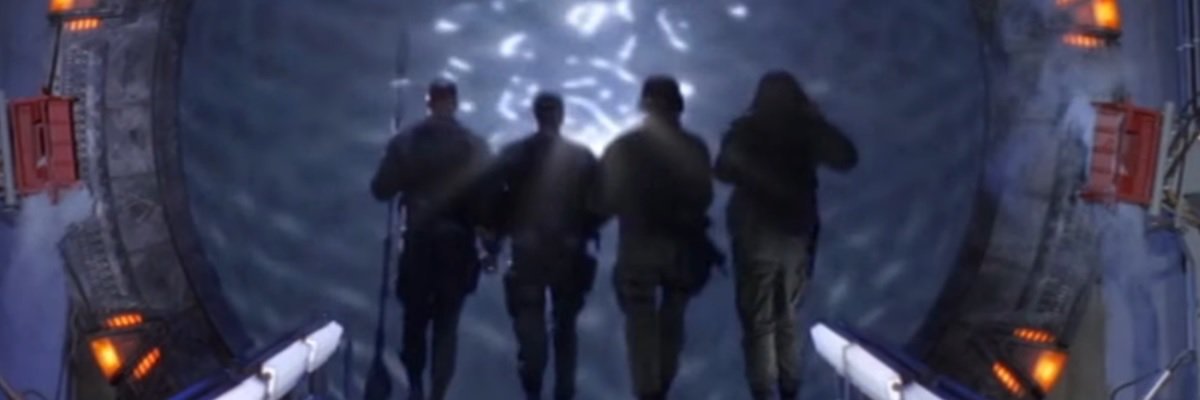For this week’s FOIA round-up, the Department of Defense releases more details on a late ‘00s program concerning fringe science theories, an Arizona congressman wants to challenge the Department of Interior’s proposed FOIA changes, and Minnesota law enforcement is gearing up for Enbridge Line 3 pipeline protests.
See a great use of public records we missed? Send over your favorite FOIA stories via email, on Twitter, or on Facebook, and maybe we’ll include them in the next round-up. And if you’d like even more inspiration, read past round-ups.
Department of Defense spent millions of dollars on researching invisibility cloaks and warp drives, among other things
A document released in January by the Department of Defense disclosed a multi-million dollar program from the late ’00s that looked into fringe space theories including stargates, invisibility cloaks, and warp drives. The program sought to detect any odd sights in the atmosphere and looked for possible explanations for such occurrences, and is now defunct.
While The New York Times reported on the existence of the Advanced Aerospace Threat Identification Program in 2017, the documents obtained by the Times focused on aerospace research conducted by the DOD, the recently released document FOIA’d by the Federation of American Scientists listed researchers’ products for the AATIP.
Read more about the AATIP and the newly released documents here.
Congressman requests to hold public hearing about DOI’s proposed public records requests processing
If you’ve been keeping track of FOIA news, you’ve probably heard that the DOI announced recently that they would be changing their method of processing public records requests. While the DOI allowed the public to comment on the proposed changes online until January 29th, Congressman Raul Grijalva (D-AZ), chairman of the House Natural Resources Committee, wants to extend the public commenting period to four months after the government reopens and hold a public hearing.
In response to Grijalva, a DOI representative told Boise State Public Radio that “The monthly processing limit referenced would simply allow the Bureau to process documents in an equitable way. The specific policies would vary by Bureau and capacity.”
Read more here.
Minnesota law enforcement surveilled protestors of Enbridge Line 3 pipeline
Documents obtained by The Intercept revealed that Minnesota law enforcement agencies have been monitoring potential protesters and activists in anticipation of a protest surrounding the Enbridge Line 3 pipeline. The tar sands oil pipeline originates in Alberta and has not yet received the green light from Minnesota to build, but that didn’t stop agencies from reaching out to North Dakota law enforcement about their tactics during the 2016 Standing Rock pipeline protests.
The documents include multiple presentations given on “on lessons learned in North Dakota to law enforcement in Wisconsin and Minnesota, including an association of SWAT officers.” MuckRock has previously reported on various law enforcement agencies using the #NoDAPL protests as a “law enforcement laboratory” to learn how to better control large crowds.
Read The Intercept’s full article here.
FOIA job openings
Central Research, Inc is looking for a Senior FOIA Analyst and a FOIA Attorney for two Washington D.C.-based positions. You can find more details here and here.
Read a great FOIA-based news story we should highlight? Let us know and maybe we can include it in our next roundup! Send it over via email, on Twitter, or on Facebook.
Image via MGM Television




